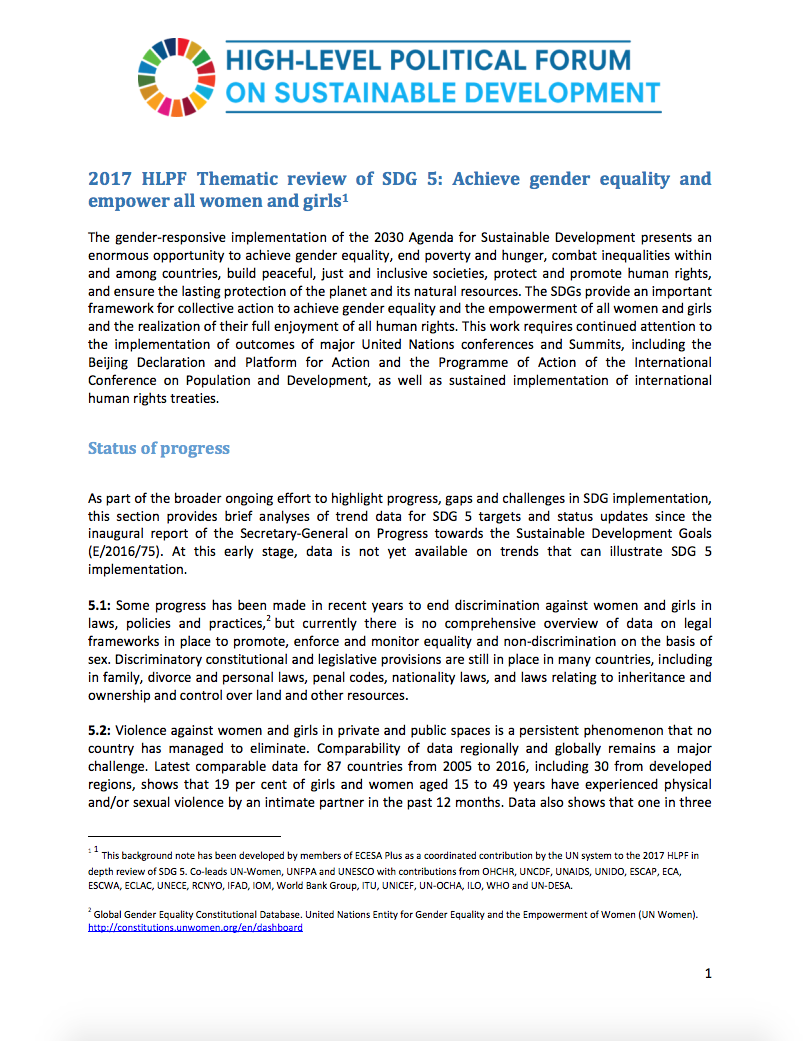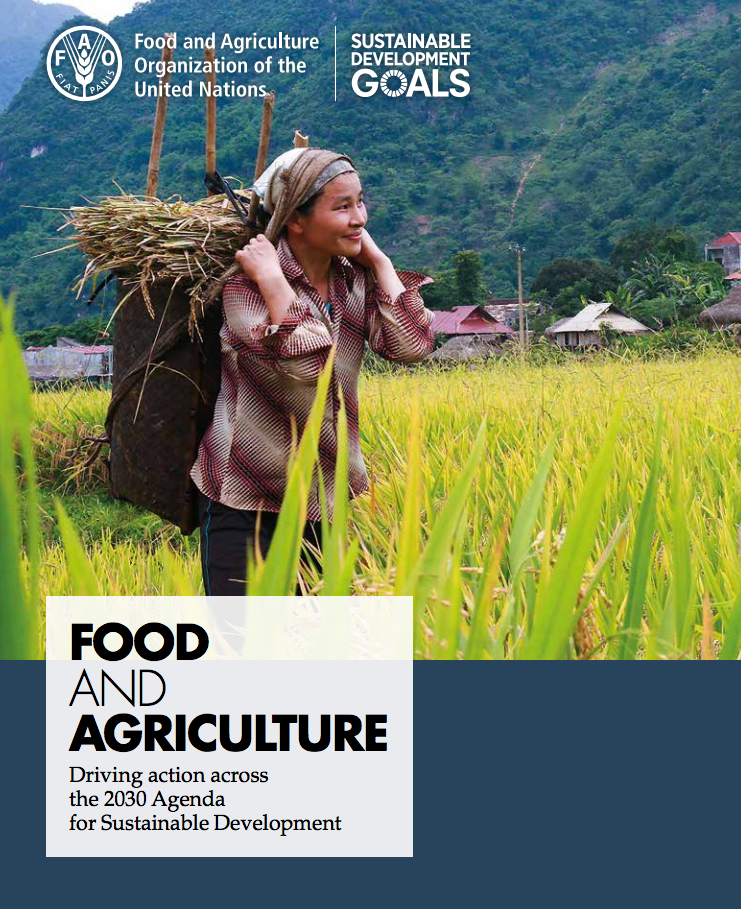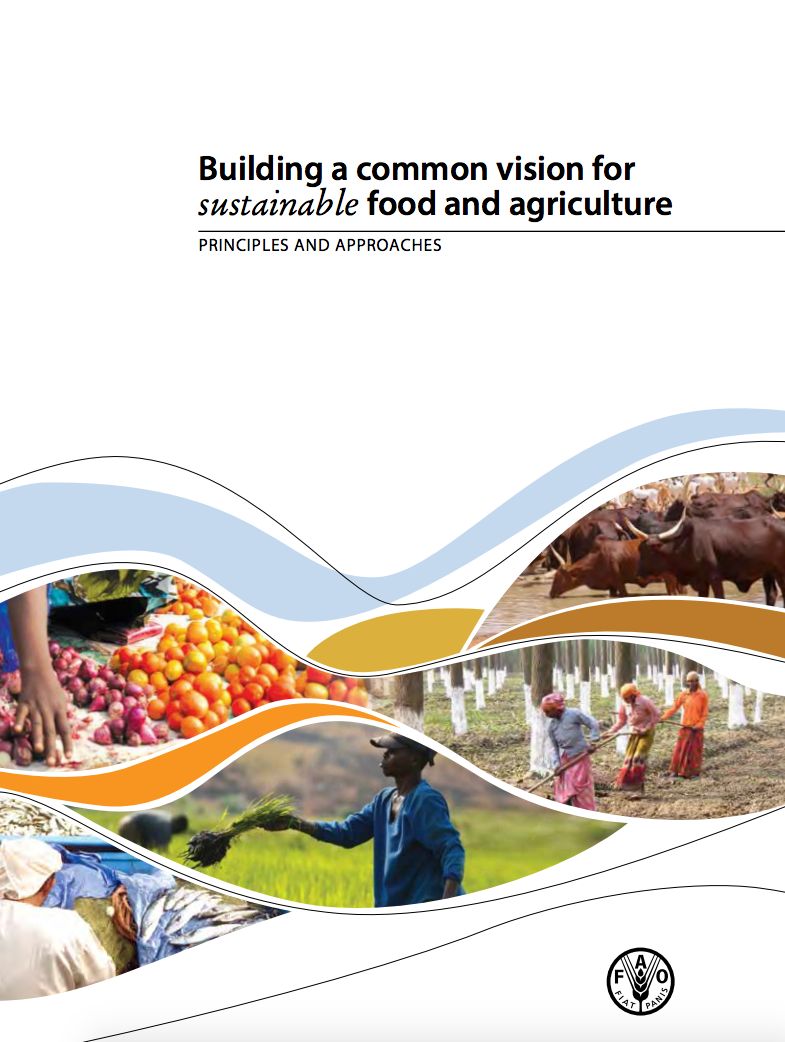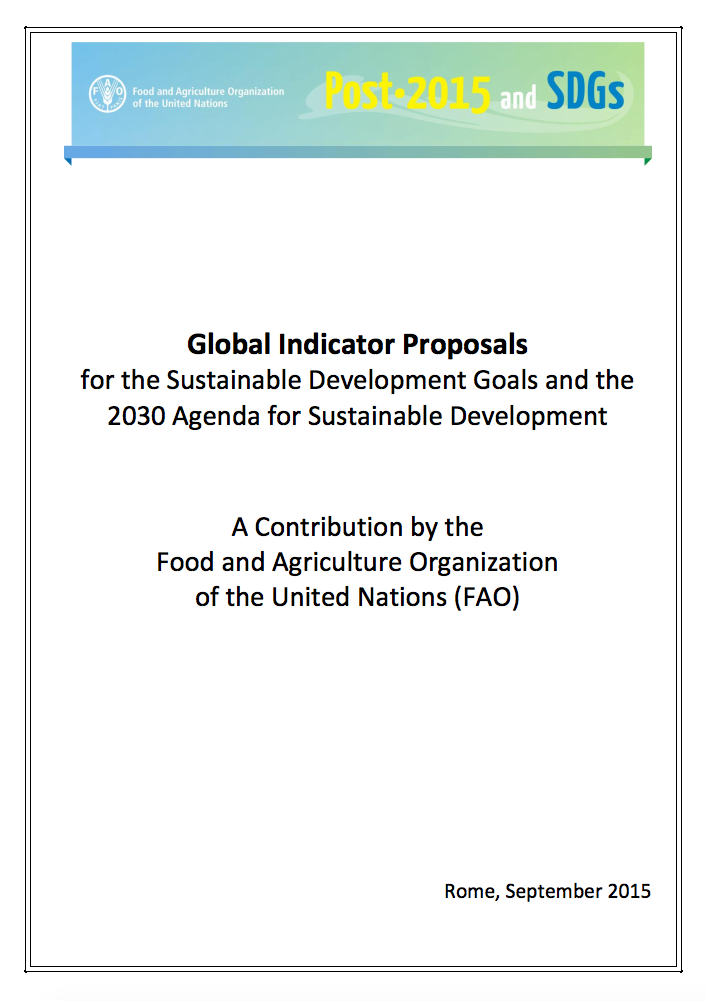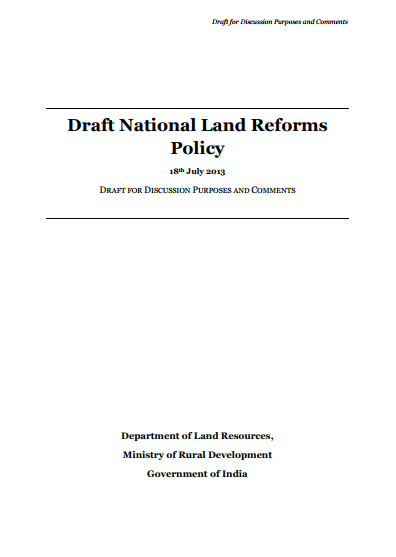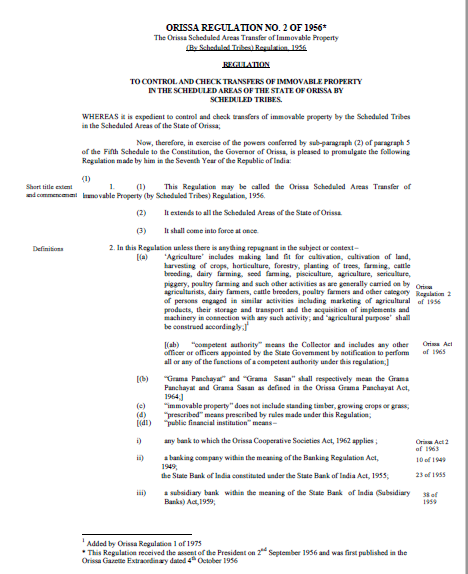2017 High Level Political Forum Thematic review of SDG 5: Achieve gender equality and empower all women and girls
The gender-responsive implementation of the 2030 Agenda for Sustainable Development presents an enormous opportunity to achieve gender equality, end poverty and hunger, combat inequalities within and among countries, build peaceful, just and inclusive societies, protect and promote human rights, and ensure the lasting protection of the planet and its natural resources. The SDGs provide an important framework for collective action to achieve gender equality and the empowerment of all women and girls and the realization of their full enjoyment of all human rights.

